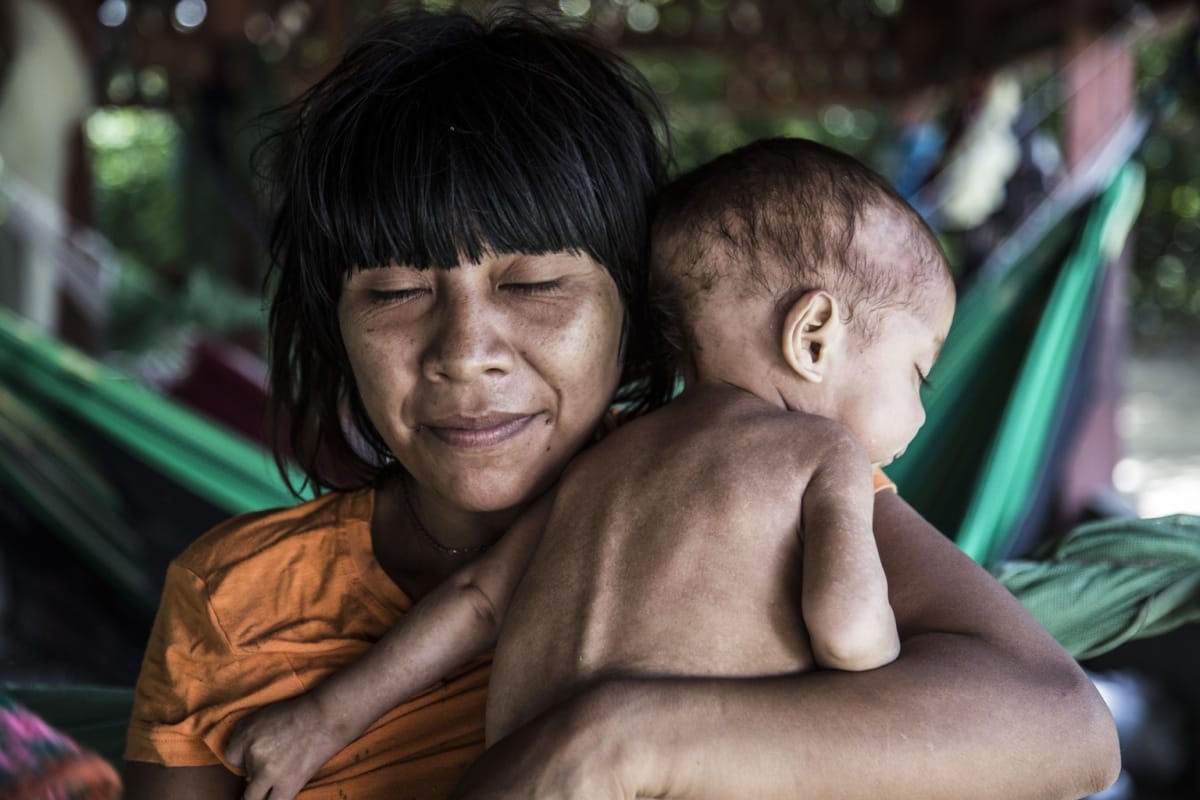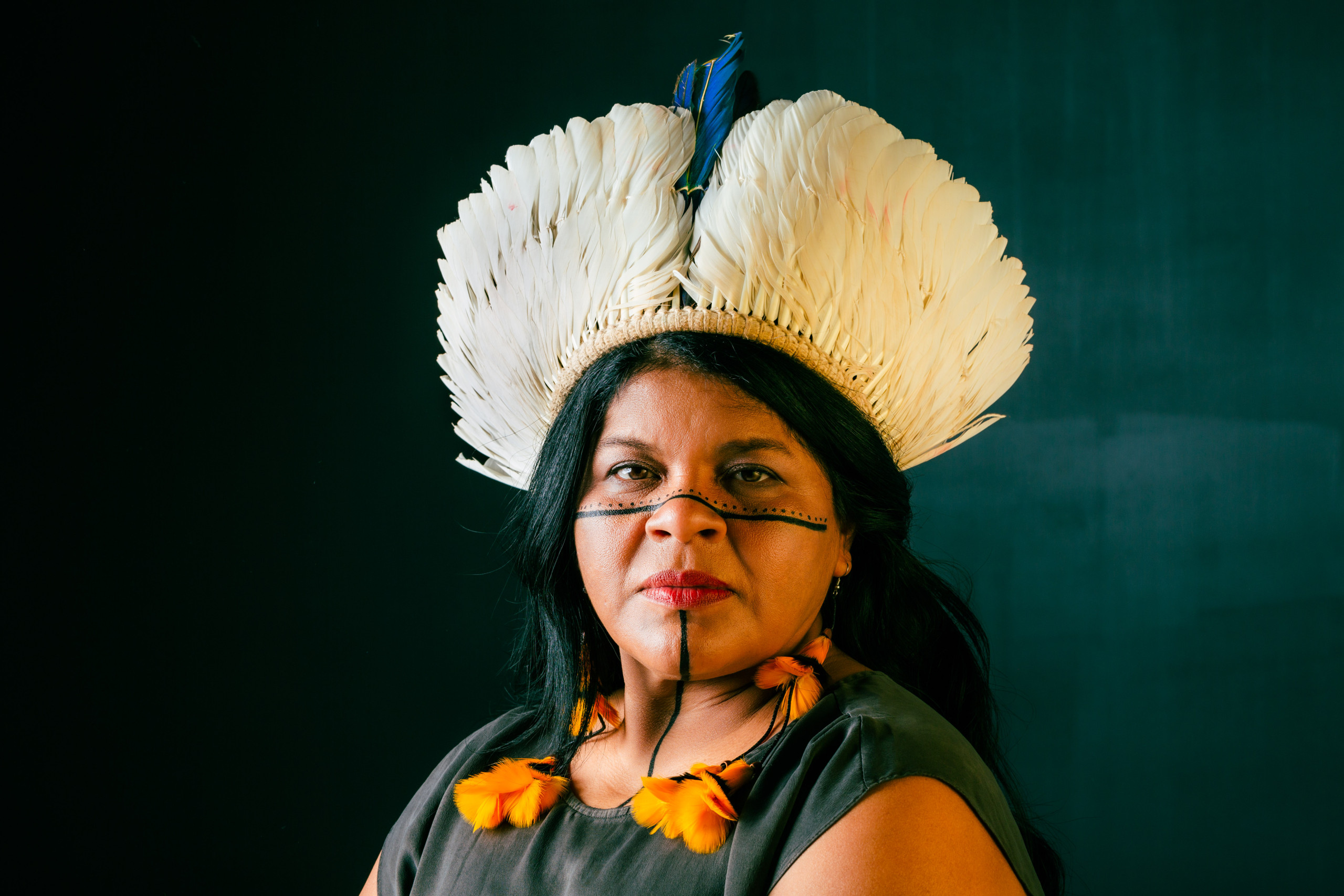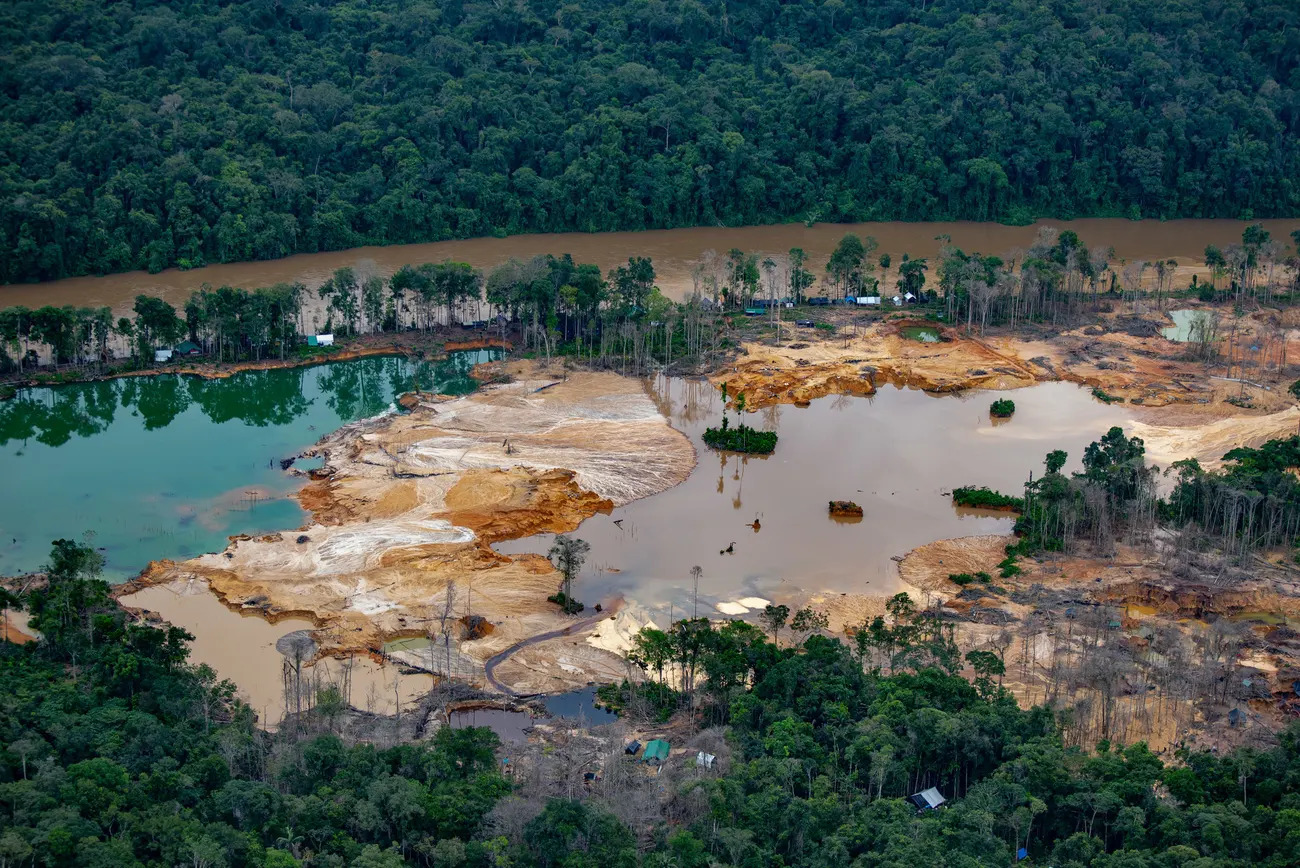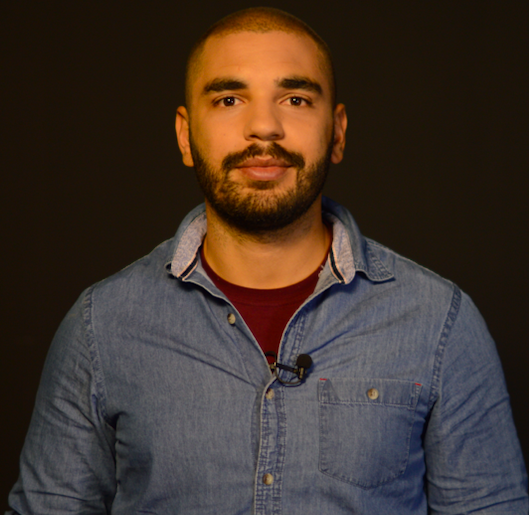Brazil has more than 900,000 indigenous people spread over 300 groups and speaking 274 different languages. There is no greater diversity of indigenous communities in the world than in the largest South American country. In the past 500 years since the nation was discovered by Portuguese conquerors, the natives have fought to demarcate and preserve their lands. Ever since then, there have been conflicts and disputes over territories.
The Indigenous Missionary Council (CIMI) produces an annual report to map cases of violence and invasions in territories that should be designated for Indigenous people in Brazil. Last year, with President Jair Bolsonaro at the helm of the country, the survey revealed 305 cases of violence and the invasion of 226 indigenous lands in Brazil. The number of cases in 2021 was almost three times higher than in 2018 when 109 such cases were registered.
In addition to the increase in violence and the land intrusion as a result of the illegal activities of prospectors, loggers, hunters, fishermen, and land grabbers, the invaders have intensified their presence and the effects of their actions in indigenous territories.
“Today we have a scenario of war targeting indigenous populations in Brazil. We can see that the people who were here when this land was discovered chose to keep silent and forget. The indigenous people have the will to live, but they are being massacred by setbacks that we have never before seen in the country’s history,” said António Eduardo, executive secretary of CIMI.
Yanomamis’ ‘genocide’
The most emblematic case that has impacted the world is the humanitarian crisis of the Yanomamis – the largest indigenous land in Brazil, located in the state of Roraima and Amazonas. The Brazilian government estimate that more than 20,000 miners have carried out frequent armed attacks on the indigenous community.
More than 30,000 indigenous people live in the Yanomami territory, a land with natural resources in abundance, but which is slowly dying due to man’s greed. The illegal extraction of gold and other minerals has poisoned the rivers that supply the Yanomami land, causing the death of more than 500 indigenous people in the last four years. Without potable water, these people have lost their crops, access to fish and seen diseases such as malaria and malnutrition spread through their villages.
The images shared last January were shocking. Very thin people, merely skin and bones. Since then, more than 600 patients have been transferred to Boa Vista, the capital of Roraima. Four-year-olds, for instance, were rescued weighing 9.9 kilos, which corresponds to the weight of an eight-month-old baby.

“With this level of malnutrition in the first years of life, there is a high risk of impact on brain development as well as cognitive delay, growth deficit, psychological alterations and motor delays”, explains pediatrician, Isabela Balalai, from the Brazilian Society of Pediatrics.
The report “Yanomami under attack“, carried out by the Yanomami Hutukara Association and the Wanasseduume Ye’kwana Association, showed that Arathau, one of the regions of the indigenous land located near the Parima river, had recorded the highest malnutrition rate across the territory. Among the children up to five years old, around 79.3%, were of low or very low weight.
Estevão Benfica Serra, a researcher at the Instituto Socioambiental (ISA), noted that the two years of the coronavirus pandemic contributed to the number of deaths being even higher. Experts have complained that the former Brazilian government, led by President Jair Bolsonaro, withdrew health resources from more remote areas which disabled essential hospitals for the treatment of indigenous people. Serra does not rule out that there was a “programmed genocide” by the Brazilian authorities.
“It’s one of the biggest tragedies that has happened on Brazilian land and it didn’t start yesterday. Indigenous leaders have systematically denounced the Brazilian state. You have a situation of severe malnutrition in children up to five years old, with 80% of them having a nutritional deficit,” said the researcher, adding, “this can definitely be considered a policy that caused a programmed genocide.”
During his time leading the government, Jair Bolsonaro advocated for mining in indigenous lands and against the policy of demarcating new territories dozens of times which, according to the former president, slowed the growth of the country’s economy.
What the new government has done
Since the new Brazilian government took office on January 1st, the environmental and indigenous policies that had been promoted up to 2022 have now been revoked. President Luiz Inácio Lula da Silva decided to reinstate the agencies for environment protection and against deforestation, as well as Funai, the National Foundation for Indigenous Peoples.

Moreover, for the first time in the history of Brazilian democracy, the government instituted a Ministry of Native Peoples on 11 January. This new body is headed by Sonia Guajajara, an indigenous leader selected by The Times to be one of the 100 most influential people in the world last year.
By February, an action coordinated by the Federal Police, Ibama and Funai had already removed the illegal miners who still remained on indigenous Yanomami lands in northern Brazil. Guajajara noted that this was a profound problem and one that took time to be fully addressed.
“We know that we are there today trying to reach parts of this entire mining chain, starting with removing the illegal miners, including gold miners. They are also victims of this whole process. But it is necessary, in this operation, to get to who really owns it. They are politicians, they are businessmen, they are the owners of the companies that illegally buy gold,” explained the Minister.
Despite more inspections in the first months of 2023, illegal mining has persisted in the Amazon. By March, 29 mines had been closed by the Chico Mendes Institute for Biodiversity Conservation (ICMBio) in the state of Pará which borders Roraima where the Yanomami people live.
Despite the government operations, groups of miners on WhatsApp are indicating that exploitation persists. The head of the ICMBio local unit, Bruno Matos, considers the ongoing efforts to put an end to illegal mining to be insufficient.
“When an operation ends, we cannot guarantee that the mine will not be reactivated. As we’ve closed down some targets, new ones are popping up in other places. So it’s a snowball, it looks like we’re wiping ice”.
Land demarcation
While illegal mining advances throughout the most remote places in Brazil, in Brasília there is an urgency to recommence a remedy against those invasions: the demarcation of indigenous territories. Provided in the Brazilian Constitution but completely paralyzed during the Bolsonaro government, there is a promise to resume an analysis of the land in 2023. According to Funai, more than 200 lands have not yet been recognized in the country.
At least 13 processes are awaiting approval which is the final step before the land becomes the exclusive usufruct of the indigenous people. This may seem to be simply a bureaucratic process but recent research points out that demarcation is the best remedy to combat deforestation and encourage the reforestation of degraded areas.

“These lands are the best protected here in Brazil because the indigenous see the land as sacred. They know how to exploit it to survive, but with environmental awareness. In a scenario with new demarcations, Brazil shall respect the indigenous territory and work to control the deforestation that has been extending in recent years,” said Ana Livia Arida, director of Human Rights Watch Brazil.
On a recent visit to Jaragua, an area in Sao Paulo populated by indigenous Guarani, Minister Sonia Guajajara promised full rights over land to the indigenous people.
“We are working to guarantee the rights of indigenous people again. It’s not a problem we’re going to fix in one, two or three months. It is a constant struggle, but one that we will win” she assured.


